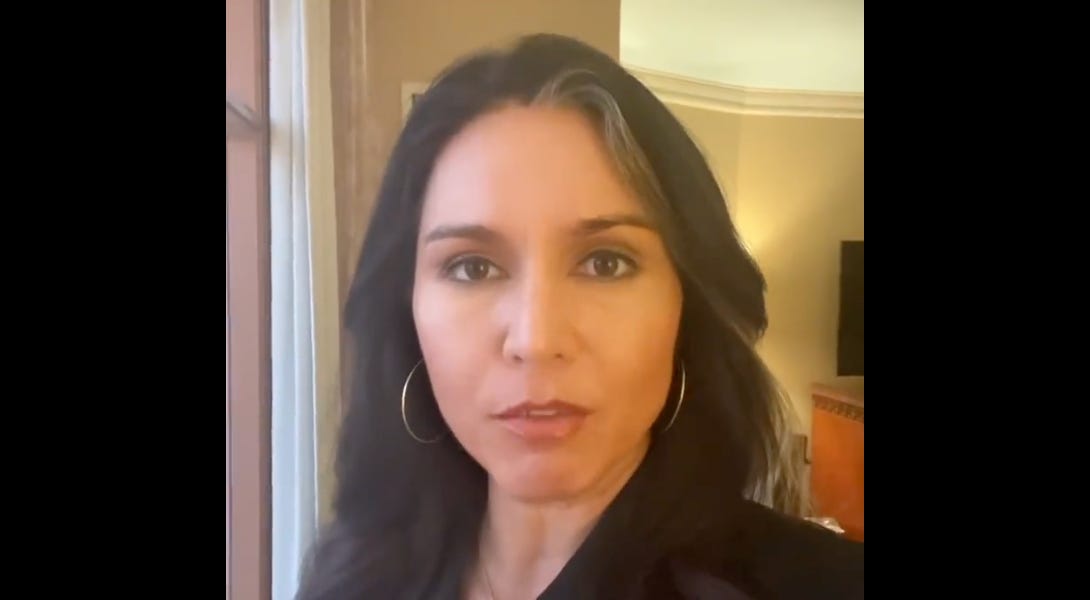T
he start of a new year represents a fresh start and a chance to reset our habits. With the economic uncertainty ahead, it’s more important than ever to ensure our financial house is in order. Wealth experts have long preached that building wealth relies heavily on the financial decisions we make each day. It’s not usually the big wins that build fortunes, but the small, disciplined choices that accumulate over time. As you settle into 2024, here are some bad money habits to break before they sink you further into debt or derail your finances.
Here are 7 toxic financial habits you should consider abandoning in 2024…

- Un-budgeting: Living without a budget is akin to driving blindfolded. You have no visibility into where your money goes each month. This leads to overspending and impulse purchases that can leave you strapped for cash later. In 2024, take control of your expenses. Use a budgeting app to categorize where every dollar goes. This accountability will curb spending in areas like dining out and entertainment that often bust budgets.
- Not tracking expenses: Speaking of visibility, if you don’t track what you spend each month, you can’t create an accurate budget. Most people underestimate categories like groceries, gas, and healthcare in their mental budgets. Make expense tracking a habit in 2024, even if you use a simple spreadsheet or written ledger. Understanding your spending history will make planning future budgets much easier.
- Not giving wisely: Giving back is an important part of personal finance and shouldn’t be abandoned. However, make sure your charitable giving fits within your budget this year. Set aside an affordable percentage to give each month, instead of giving impulsively whenever you’re asked. Research non-profits to ensure your funds are allocated to good use. Disciplined giving enables more generous gifts down the road.
- Mood spending: Shopping when you’re emotional rarely goes well. It’s too easy to justify purchases you don’t need and overspend as a pick-me-up. This causes feelings of regret later and adds to your debt or drains your savings. This year, hold off on spending if you feel particularly sad, stressed, or even overly celebratory. Give yourself cooling off time to decide if purchases truly align with your goals or were just an emotional reaction at the moment.

- Not having an emergency fund: If 2023 taught us anything, it’s that unexpected expenses happen. Many Americans found themselves buried in high-interest debt, just by trying to stay afloat after a job loss, medical crisis, or global event out of their control. Build your emergency fund for 3-6 months of living expenses in 2024. Having this buffer will allow you to handle surprise expenses without spiraling into a debt trap that takes years to recover from.
- Carrying debt long-term: Speaking of debt, carrying credit card balances long-term leads to thousands wasted on interest payments. Put a plan in place in 2024 to pay down high-interest debt once and for all. Stop accumulating new debt. This is one of the toxic financial habits that keep people in a spot. Temporarily cut expenses in areas like dining and entertainment, if needed, to make a bigger debt dent each month. You’ll feel so much lighter without all those monthly minimum payments.
- Having unrealistic savings goals: Many people sabotage their own savings efforts by setting unrealistic targets. For example, suddenly trying to sock away 50% of your income when you’ve only saved 5% before isn’t feasible. The aggressive goal sets you up for frustration and giving up too early when the going gets tough.
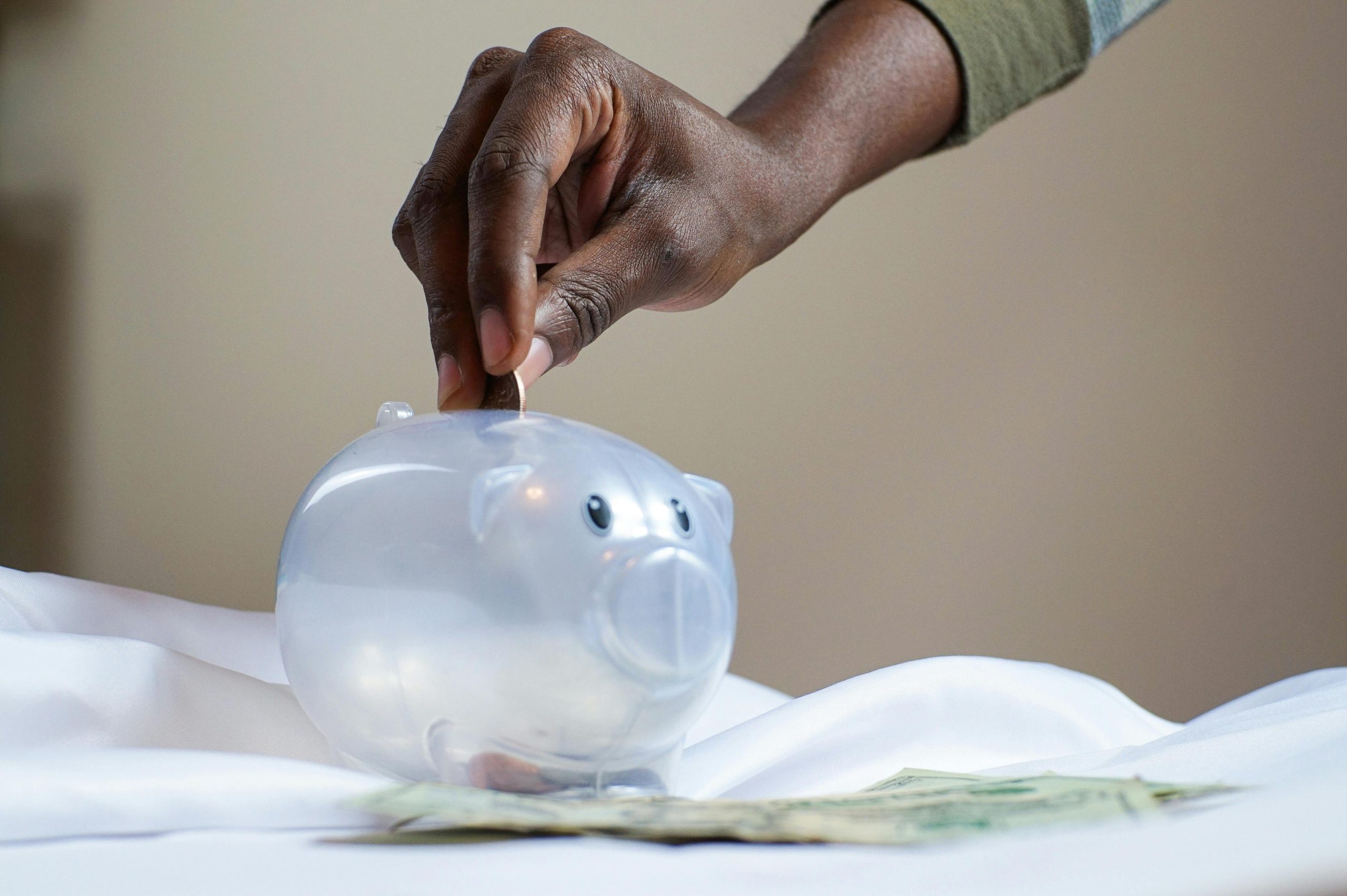
In 2024, set an achievable savings goal you can build gradually as your financial habits improve. Start by increasing your monthly savings by just 2-3% more of your income. As saving becomes more habitual, keep adjusting the target upward. Small starts set you up for eventual success.
In conclusion
2024 presents a great reset opportunity to shed bad financial habits before they become unmanageable debt burdens or derail your money plans. Use the tips in this article to rethink your spending, savings, and debt repayment strategies. The financial habits you break now can lead to greater financial freedom in the future.
Featured image: Ivan-balvan/iStock
For the latest in fashion, lifestyle, and culture, follow us on Instagram @StyleRave_
All rights reserved. This material, and other digital content on this website, may not be reproduced, published, broadcasted, cached, rewritten, or redistributed in whole or in part without prior express written permission from STYLE RAVE. Use of and/or registration on any portion of this site constitutes acceptance of our Terms & Conditions and Privacy Policy.
—Read also








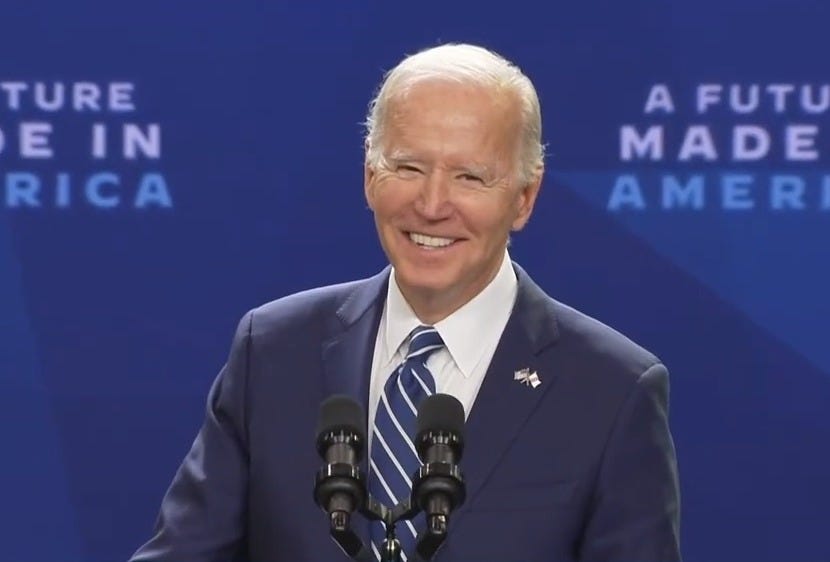












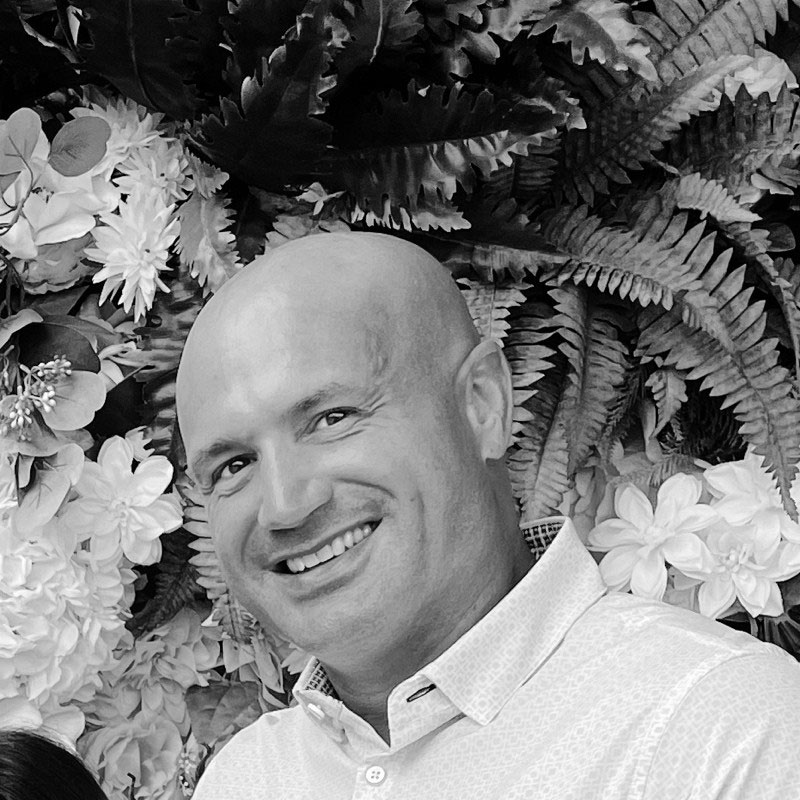
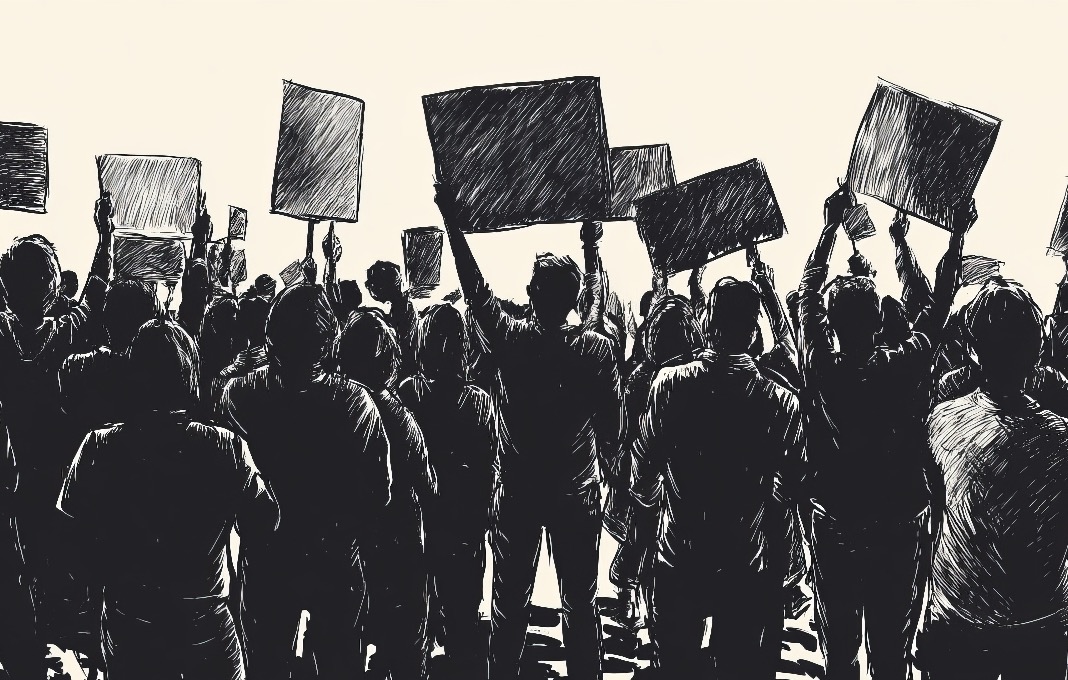

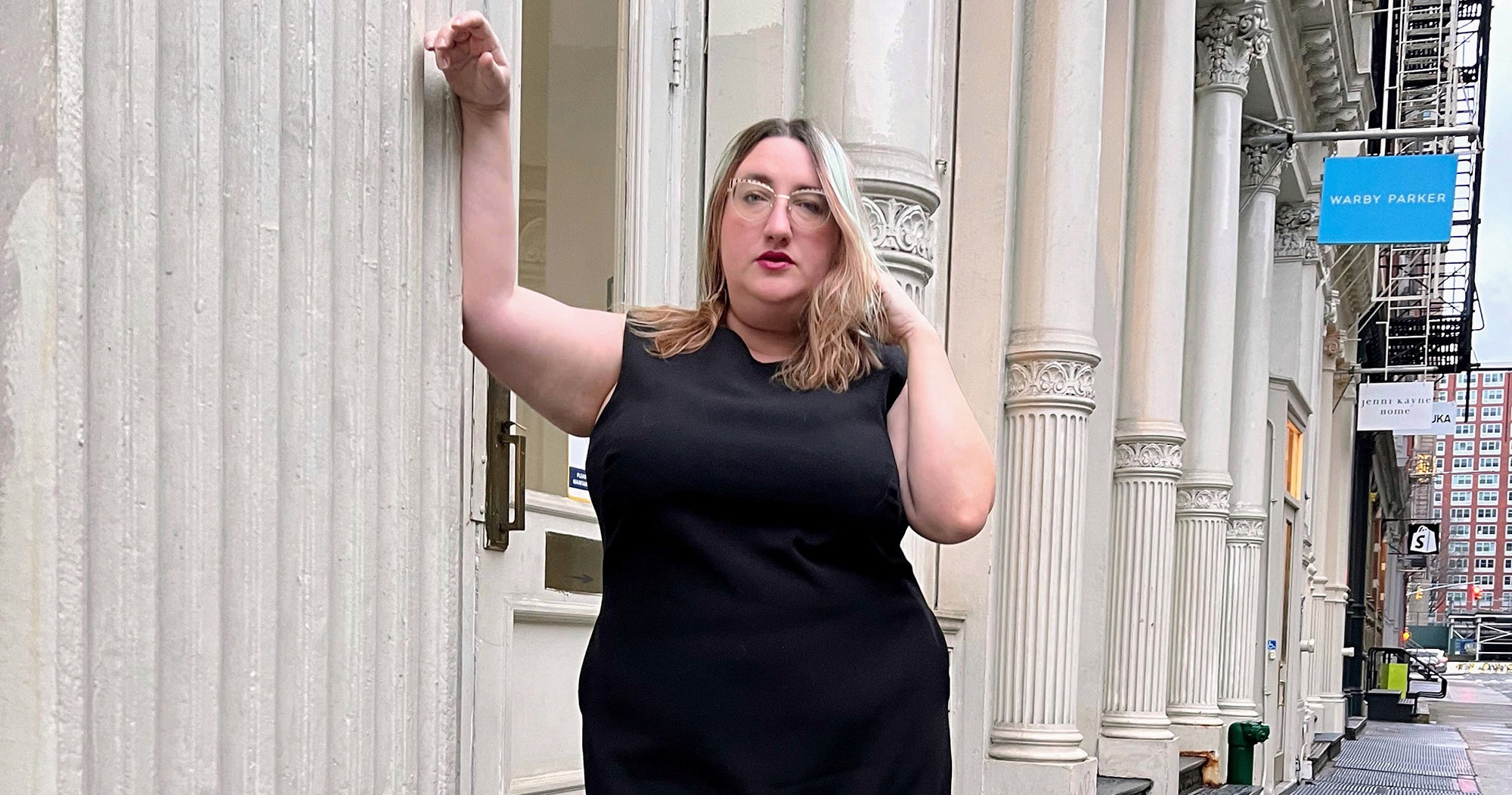































![LinkedIn Provides Tips on How to Promote Live Events [Infographic] LinkedIn Provides Tips on How to Promote Live Events [Infographic]](https://imgproxy.divecdn.com/kA4YczoBIs8NmPBiERWa-OxzvYMz5kwjjZ6wewP8z7c/g:ce/rs:fit:770:435/Z3M6Ly9kaXZlc2l0ZS1zdG9yYWdlL2RpdmVpbWFnZS9saW5rZWRpbl9ldmVudF9hZHNfaW5mb18yLnBuZw==.webp)








